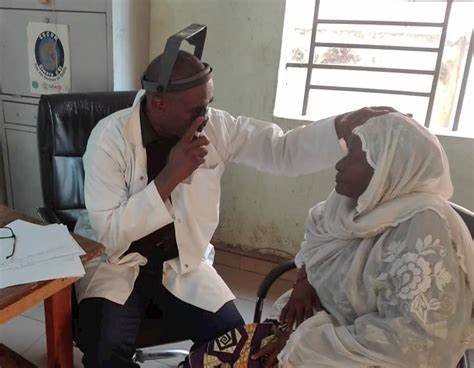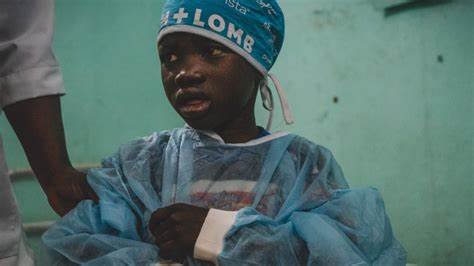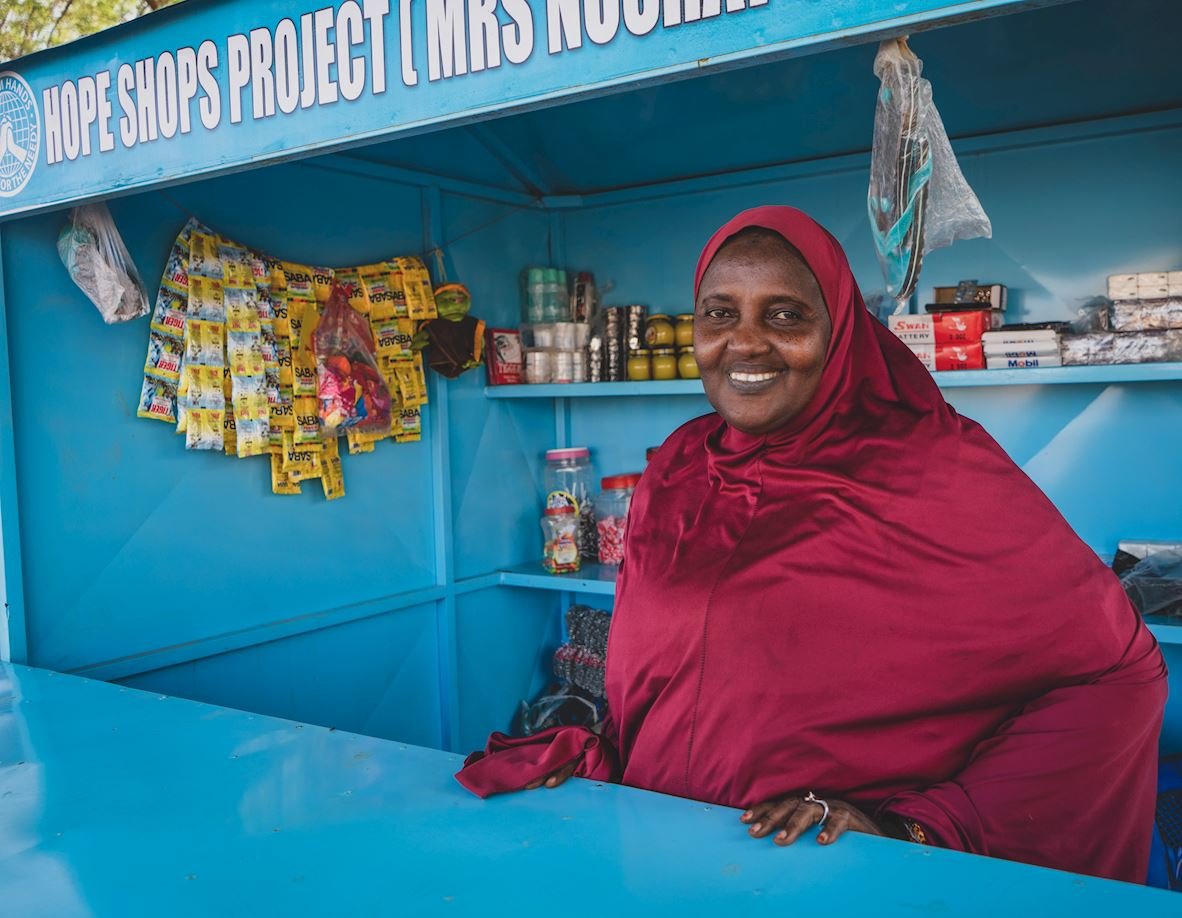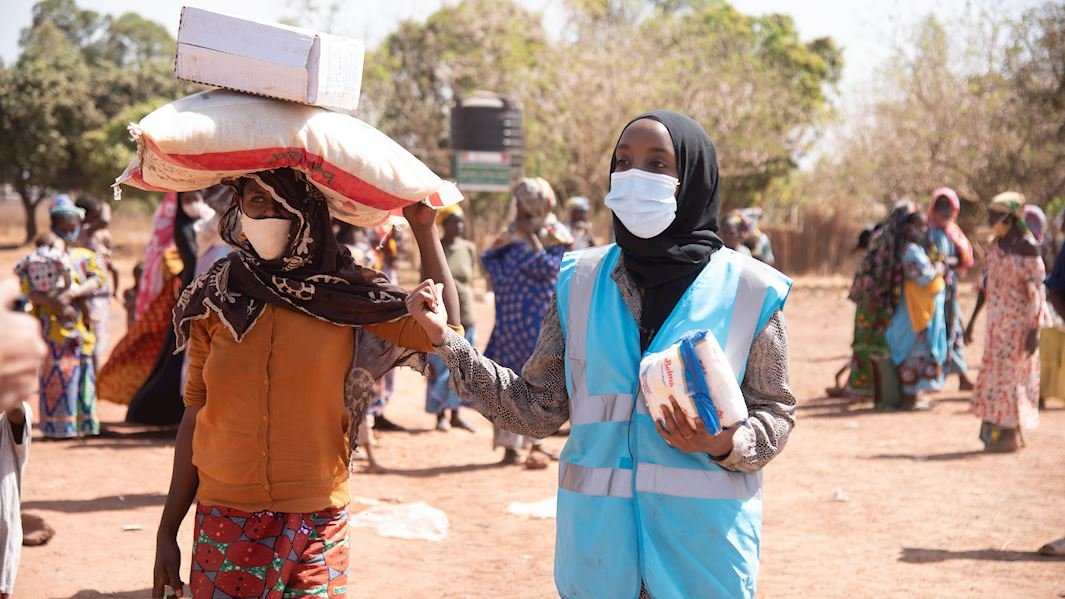WHAT WE DO IN MALI
![]() Education
Education
![]() WASH
WASH
![]() Health
Health
![]() Livelihood
Livelihood
![]() Food Security
Food Security
![]() Emergency Humanitarian Response
Emergency Humanitarian Response
Mali
Country Situation: Mali is one of the poorest countries in the world, with 42.3% living in extreme poverty in 2019. It has a strong population growth (as a result of which currently 49.8% of the population is below the age of 15), which combined with climate change, threatens agriculture and food security. The country has been struggling with a three-pronged Complex Emergency since 2012 comprising of pre-existing poverty combined with
- ethnic conflicts,
- hundreds of thousands of internally displaced people, as well as refugees arriving from neighbouring countries and
- a military coup which has resulted in the country living under an embargo since Jan 2022.
Muslim Hands has been working in the country since 2005, but officially established a country head office in Bamako, Mali in 2007. During its 14 years of working there, Muslim Hands in Mali has been able to carry out a number of projects in the fields of Education, Wash, Health, Food Security, Agriculture and Livelihood. MH currently works in 5 of the 8 administrative regions of Mali (including the capital Bamako as well as Koulikoro, Sikasso, Segou, Mopti).
MH Mali has about twenty permanent staff who are divided between these different programs as well as about fifty volunteers across the country. Its department heads have at least five years’ experience in their respective field within MH plus their experience acquired elsewhere in other humanitarian/development organizations. Finally, the Country Director of MH Mali capitalizes on more than 15 years of experience in the humanitarian sector with proven cross-functional skills in the various fields of intervention of MH.
MH Mali’s activities in the country are in line with the joint action plan of the UN in Mali and the Government of Mali to achieve the Sustainable Development Goals. All of its activities are designed to contribute to achieving the following SDGs:
– SDG 1: No poverty through the Livelihood program
– SDG 2: Zero Hunger through our Food Security Program
– SDG 3: good health and well-being through Health Program
– SDG 4: Quality Education through our Education program
– SDG 6: Clean water and sanitation through WASH program
– SDG 8: Decent work and economic growth through the Livelihood program
Education
Given Mali’s young population as well as its high rates of illiteracy, one of the most needed interventions in the country is increasing school enrollment. For this to occur, the most urgent task is to build school infrastructure and train teachers to provide free or low-cost quality education to underprivileged populations. Lastly, to create a mechanism where children with little financial means (such as orphans) can also access education by financial assistance and sponsorship. Through doing all of the above, MH Mali is contributing to the achievement of SDGs 4: “Quality education”. Currently, 1004 students are enrolled in MHSOE.
- Muslim Hands Schools of Execllence (MHSOE): MHSOE is an effort to provide quality education to underprivileged children, especially orphans, by establishing a non-profit school which also serves as a model educational institution in the country. The student body of MHSOE is largely made up of orphan students who are not paying into the school, but instead whose adoptive families are being supported financially by the school in various ways.
- School Meals School meals: Contributing to SDG 2 and 4, it consists of offering healthy food to children attending school in MH establishments. (including free meals for orphans’ students enrolled in Muslim Hands Schools of Excellence):
WASH
Given Mali’s lack of WASH infrastructure, 2.6 million are estimated to be deprived of clean drinking water and/or are affected by water-borne diseases as a result of lack of sanitation and hygiene.
Therefore, MH Mali has been working for years to provide WASH facilities in the most vulnerable areas by constructing well projects (deep wells, community and pump wells, wells with fruit trees, etc.), boreholes and water filtering projects. To date, MH Mali’s WASH interventions have benefited 79,000 individuals.
- Dig a well: these projects consists of building small wells to facilitate access to water benefiting about forty families in areas where access to water is very difficult and / or people often spend a lot of time and effort in their day collecting water for their household needs, including the needs of animals
- Build Comminity Well and/or Hand Pump: These are projects which consist in constructing large wells benefiting a hundred people in areas where access to water is very difficult and / or often the community devotes a lot of effort and time to their day looking for water for their domestic needs including the needs of animals
- Deep Solar Boreholes 2021: This is a project which consists of constructing Deep Solar boreholes in areas where neither small wells nor large wells can survive due to the geographical position of the area. These facilities benefit an entire area or entire village in areas where access to water is very difficult and its availability unstable because wells can only operate during the rainy season and become dry in other seasons.
Health
MH Mali endeavours to contribute to the achievement of SDG 3 (Good health and well-being) by providing timely, good quality and gender sensitive health services to vulnerable groups. MH Mali contributed to this goal through projects such as Eye camp, BHU, Sanitary Camp, Health center rehabilitation.
- Eyecare Camp: Eye Camp consists of providing people living with treatable eye diseases, a consultation camp and support for surgery free of charge.

- Basic Health Unit (BHU): is a concept of providing a health center to rural or far-flung areas (in this case, it is attached to MH School of Excellence) allowing poor residents of rural areas to access basic health services. MH Mali’s BHUs offer free care and medicines for the pupils of MHSOE but also serve surrounding community in the area.

- Sanitary Camp: this is a project consisting of setting up temporary sanitary camps in vulnerable areas, in order to provide free medical aid in these areas where access to health is a luxury. It includes free treatment of diseases of all categories (Malaria, headaches, stomach aches, diarrhea, fever, etc.) without the need for intervention with large medical equipment.
- Health center rehabilitation: Under this project, MH Mali partners with government of Mali and rehabilitates existing but non-functional government health centers and maternity centers, provides medical supplies and increases the capacity of health center workers in areas where health centers are not functional enough. This allows community to receive adequate care without having to go on long journeys from their villages to have access to care of pregnant women, child delivery or diagnoses of illnesses. The project focus is to improve the health outcomes of communities, particularly women and children and thus save lives and improve well-being and health.
- COVID-19 response: Distribution of hand sanitizers (bottles) and masks.
Livelihood
MH Mali works to sustainably improve the economic status of marginalized communities, in particular young people, people with disabilities and those in extreme poverty through livelihood projects, focusing on projects with long term impacts such as vocational training (e.g. shop projects, sewing training for women in general and widows in particular and young girls and other income-generating activities)
- Shop Provision: Under this component, beneficiaries are supported in setting up a sustainable income by the creation of a mobile retail shop which buys goods wholesale from a supplier and then resells essential goods in the community. Goods sold in this way include food and supplies needed in the community, including WASH supplies. The shops are set up with the support of MH Mali, and are placed in the ownership of vulnerable families. The shops support the family’s income and also supports the local economy as it provides convenience and competition to the locals.

- Sewing Machine Training & Provision: Under this component, women who have dependents but do not have any financial support (widows, single mothers, etc.) are given the means to become financially self-reliant. This is done by training them in tailoring and by providing sewing machines. In this way, they can earn an income for themselves and their children and be independent.
- Goat Farming: Under this component, vulnerable families are provided with livestock and given inputs (feed, vaccinations, etc.) which allows them to make a sustainable income and provide food for themselves and their family.
Food Security
MH Mali has worked to improve the food security of communities at risk, particularly refugees, through the agricultural solidarity project which consists of providing agricultural inputs to farmers to increase their productivity, including farming tools, better seeds, training, fertilizer, pesticides, and other items.
Emergency Response
MH Mali has acted to assist vulnerable communities, medical staff and local governments with distribution of food items, non-food items, and other supplies. During Covid-19, MH Mali distributed Health kits.

